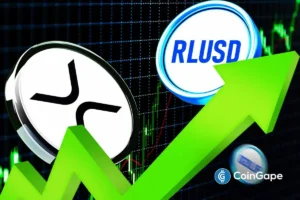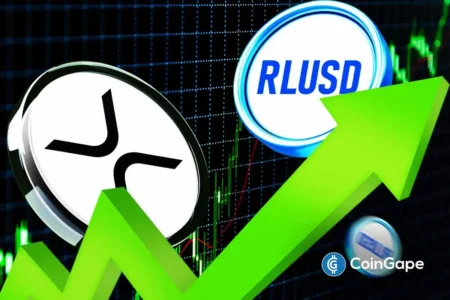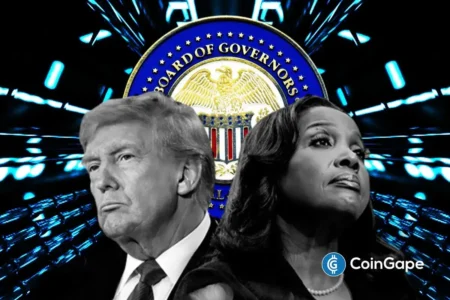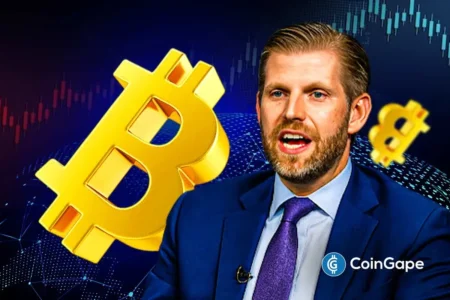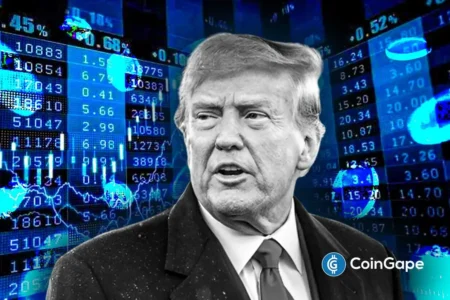Trump Urges Jerome Powell to Resign: The Tension Between the President and the Fed Chair
In recent political developments, former President Donald Trump has intensified his calls for Federal Reserve Chair Jerome Powell to resign, citing dissatisfaction with Powell’s approach to monetary policy. The stakes are increasingly high as Trump argues that Powell’s decisions have not aligned with the nation’s economic needs. With rising inflation metrics and the upcoming 2024 Presidential election looming, the pressure on Powell has grown considerably.
The Rationale Behind Trump’s Demands
Trump has expressed that Powell’s reluctance to cut interest rates—despite apparent improvements in inflation—has harmed the U.S. economy. During a recent press conference, Trump labeled Powell as "terrible" and inappropriate for the role of Fed Chair. This criticism draws a sharp contrast to Powell’s more lenient approach to interest rates during the Biden administration, where cuts were implemented multiple times to stimulate economic recovery. Trump’s frustration culminates in his demand for Powell’s immediate resignation, further complicating the relationship between the White House and the Federal Reserve.
Economic Context and Political Implications
Trump’s discontent stems from a broader economic context where soaring prices and inflation have left many Americans struggling. In previous administrations, lower interest rates were viewed as essential for economic boosts and job growth. As Trump gears up for the 2024 elections, he aims to position himself as a champion for the average American, using Powell’s policies as a political weapon. Echoing concerns over Powell’s perceived bias, Trump asserts that the Fed Chair is failing to adapt his policies to current economic improvements, thus leading to unnecessary hardships for citizens.
Powell’s Testimony Under Scrutiny
Just as the political landscape heats up, Powell may soon find himself under scrutiny from Congress. Following his testimony before the Senate Banking Committee, allegations arose suggesting that Powell provided misleading information regarding a significant $2.5 billion renovation project for the Federal Reserve headquarters. The Federal Housing Finance Agency (FHFA) Director Bill Pulte and Senator Cynthia Lummis have accused Powell of lying under oath, claiming that he downplayed the expenditures associated with the renovation. This controversy adds another layer of tension to Powell’s already precarious position.
Market Reactions and Potential Rate Cuts
The fallout from Powell’s congressional testimony has significantly impacted market expectations. Following the allegations, odds for a July cut in interest rates have jumped by 23%, indicating that traders are closely monitoring both political and economic developments. While some Federal Reserve governors have hinted at possible rate cuts, the question remains whether Powell will yield to the mounting pressures from Trump and others. The Fed’s cautious approach to rate adjustments is critical, especially in light of inflationary trends and the overall economic climate.
Looking Ahead: The Future of Powell and the Fed
As calls for Powell’s resignation intensify alongside potential congressional investigations, the future appears uncertain for the Fed Chair. Whether Powell will remain in his role amidst this growing controversy is yet to be determined. Moreover, Trump’s persistent criticisms raise questions about the independence of the Federal Reserve and its ability to operate free from political interference. These dynamics not only affect monetary policy but also have profound implications for the U.S. economy as it faces a complex array of challenges.
Conclusion
In conclusion, the ongoing conflict between Donald Trump and Jerome Powell serves as a crucial indicator of how intertwined politics and economic policy can become. With Trump demanding Powell’s resignation and congressional investigations on the horizon, the Fed Chair’s position is under greater scrutiny than ever before. As the country approaches the 2024 elections, the developments surrounding Powell’s leadership could significantly influence both economic conditions and political dynamics across the nation. As we navigate this complex landscape, the implications of these events will likely resonate for years to come.

